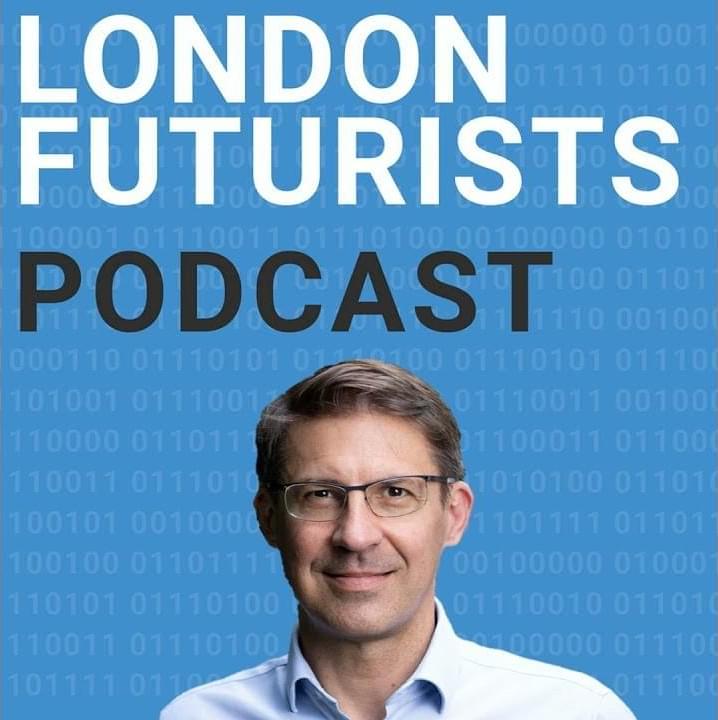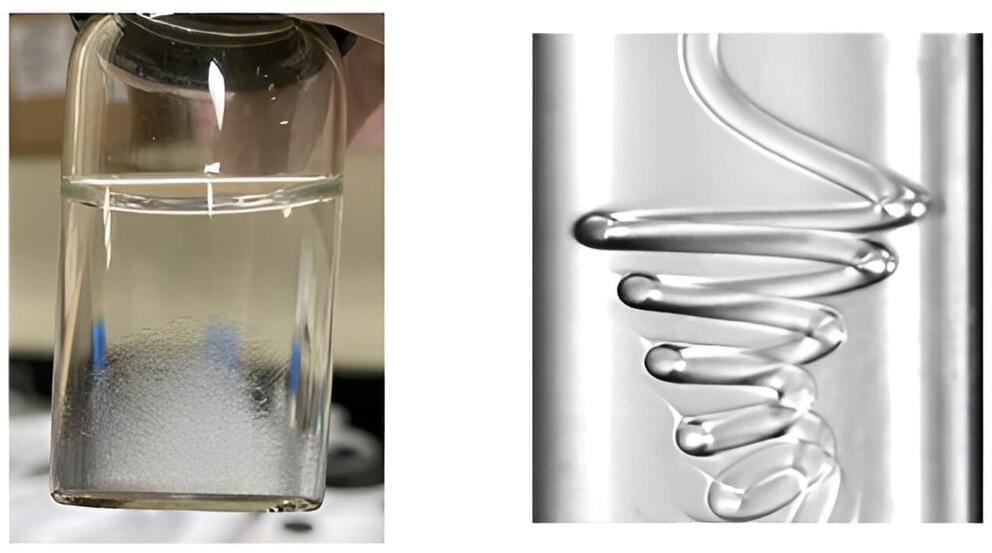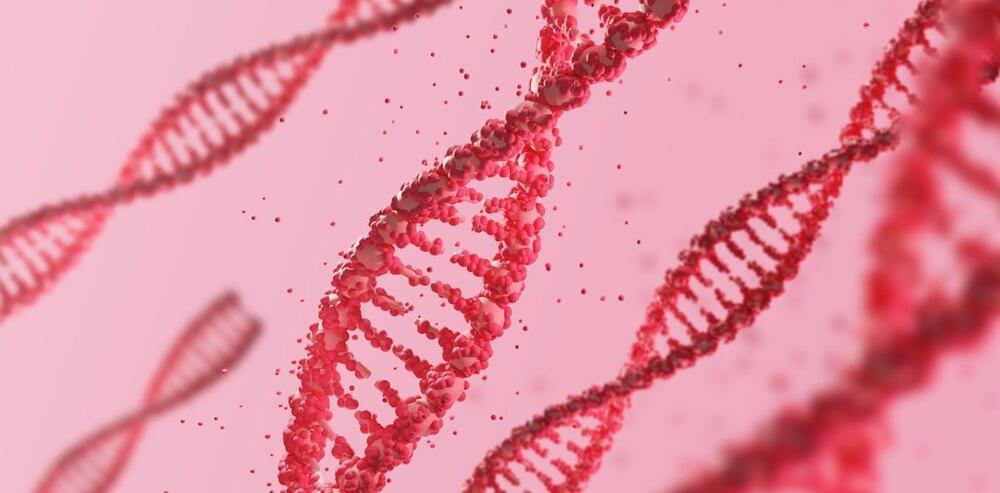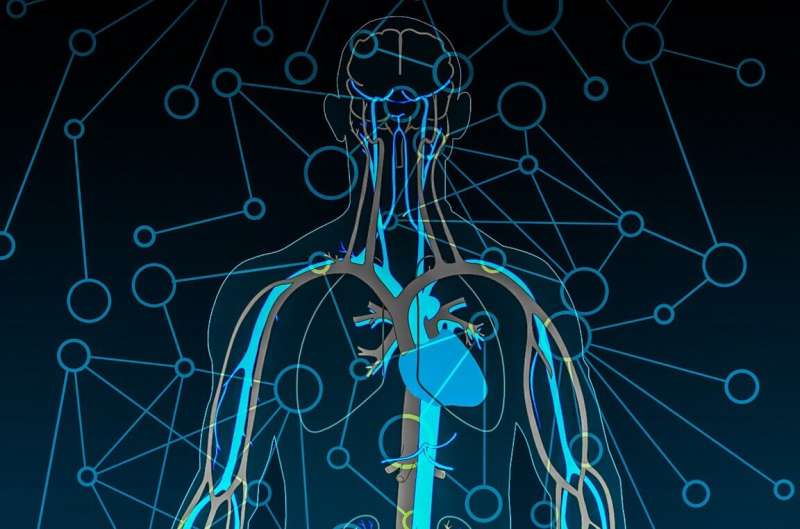May 28, 2024
Scientists Pinpoint Main Cause of Sensory Hypersensitivity in Autism
Posted by Saúl Morales Rodriguéz in categories: biotech/medical, genetics, neuroscience
Sensory hypersensitivity in mice with the Grin2b gene mutation found in patients is related to hyperactivity of the anterior cingulate cortex (ACC) and hyperconnectivity between the ACC and other brain regions. Credit: Institute for Basic Science.
Director Kim Eunjoon states, “This new research demonstrates the involvement of the anterior cingulate cortex (ACC), which has been known for its deep association with cognitive and social functions, in sensory hypersensitivity in autism.”
The hyperactivity of the ACC was also associated with the enhanced functional connectivity between the ACC and other brain areas. It is believed both hyperactivity and the hyperconnectivity of the ACC with various other brain regions are involved with sensory hypersensitivity in Grin2b-mutant mice.


















